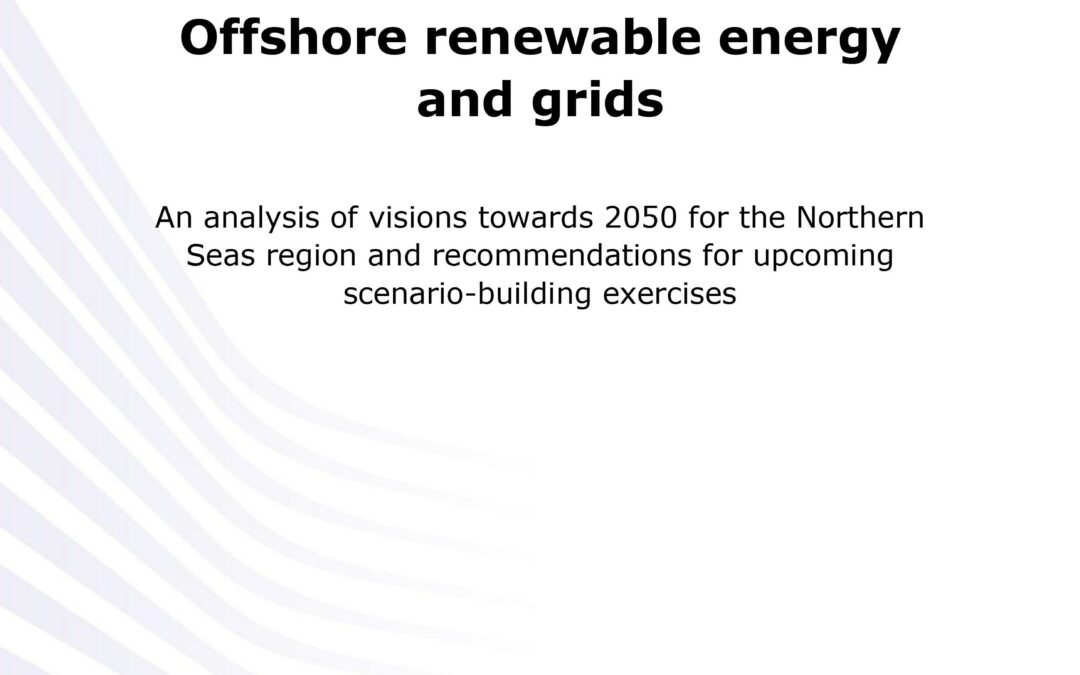The North Sea is foreseen to play a pivotal role in the decarbonisation of the European economy, with important wind offshore renewable potentials, energy intensive industries close to the shore, and existing gas infrastructures for natural gas that could be refurbished to foster the development of green hydrogen. In this context, the European Commission has selected Artelys, DNV and Trinomics to analyse the visions for the North Sea of the different stakeholders involved.
The key objective of this study was to provide an overview of existing national and regional long-term analyses, assumptions and plans on offshore renewable energy and grids in the North Seas Energy Cooperation (NSEC) countries. The study has identified the common grounds and diverging aspects of transition pathways and their underlying assumptions, while also providing a qualitative discussion of the way the scenario-building and planning methodologies may differ. Finally, the study provides recommendations on aspects that would be important to consider in upcoming scenario-building exercises that aim at shedding light on plausible futures of the North Sea region. These aspects include for example renewable energy sources (RES) potentials assessment, maritime spatial planning, multi-energy considerations, and risk assessment.

Recent Comments